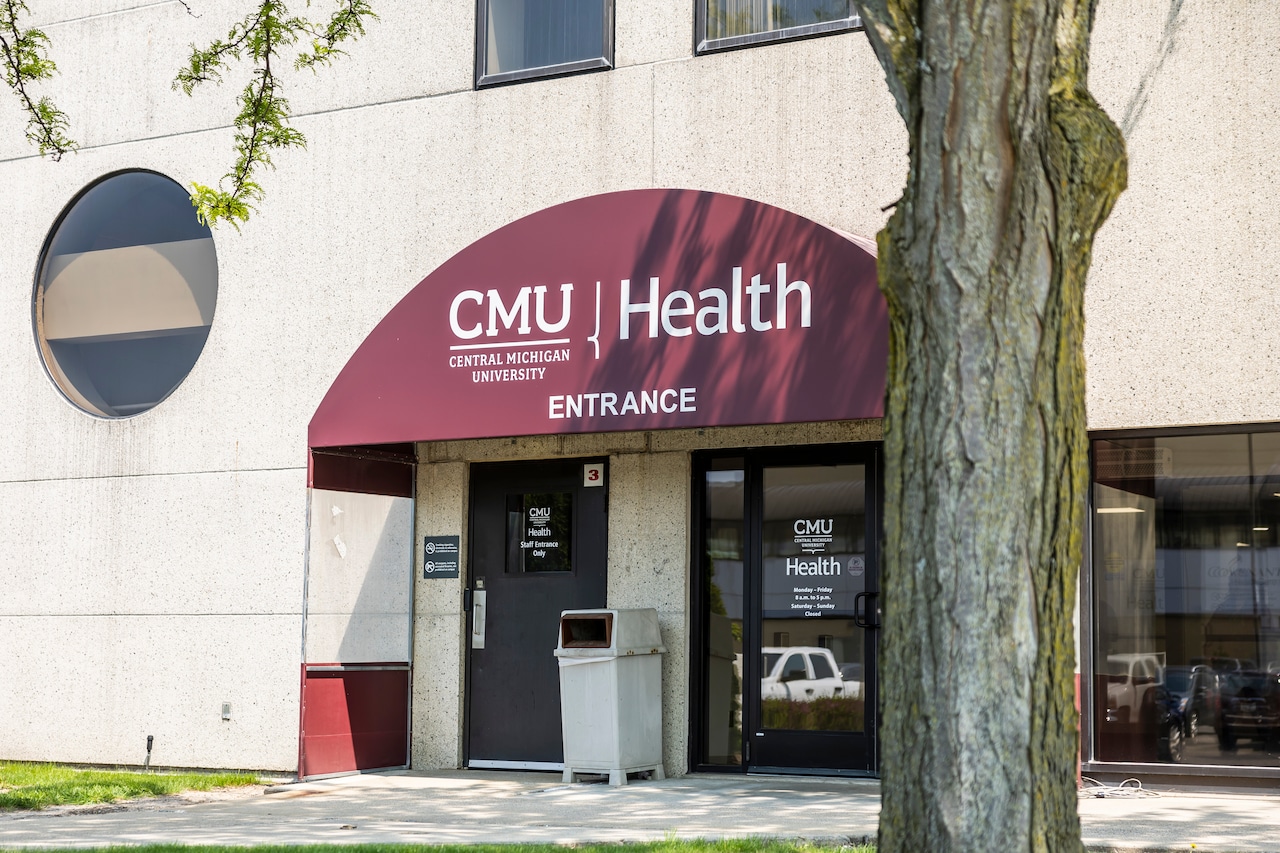Copyright thebftonline

By: Dickson ASSAN Small and medium-sized enterprises (SMEs) form the backbone of Ghana’s economy, representing about 92% of all businesses and contributing close to 70% of GDP. Their continued stability is therefore vital to the country’s economic health. However, one of the major factors that determines SME survival is often overlooked, effective working capital management. Working capital refers to the funds needed to run daily business operations. It is the difference between current assets and current liabilities. When current assets exceed current liabilities, the business is liquid and can meet its short-term obligations. But when liabilities exceed assets, the business becomes constrained, regardless of its profitability. Working capital is, therefore, the lifeblood of every business. A useful measure of working capital health is the Cash Conversion Cycle (CCC), which tracks how long it takes for money invested in stock to return as cash after sales. When stock moves slowly or customers delay payment, cash becomes trapped in the system, weakening the financial foundation of the business. This situation often leads to overtrading. Overtrading occurs when a business attempts to grow or sell more than its working capital can support. The company appears busy, stock is moving, orders are increasing, and customers are flowing in, but the business silently runs out of cash to pay suppliers, employees, rent and taxes. The result is increasing short-term borrowing, supplier pressure, loss of credit terms, and in severe cases, operational shutdown. These pressures become more pronounced during the Christmas season. Many SMEs, expecting strong festive sales, increase stock levels significantly. However, these decisions are often based on excitement rather than real sales patterns. January then arrives with lower customer spending, school fees, rent renewals and statutory tax payments. When cash is locked in unsold stock, the business faces liquidity challenges that could have been avoided. SMEs must therefore embrace digital liquidity tools. Point-of-sale systems can highlight fast-moving and slow-moving products. Mobile money and bank statements reveal spending and customer payment habits. Cloud-based inventory and accounting software provide visibility into cash flow trends. These tools enable businesses to stock smartly and plan accurately. However, digital visibility must be matched with financial discipline. SMEs must restock based on evidence, not emotion; manage credit sales carefully; follow up on receivables promptly; negotiate flexible supplier terms; and separate personal and business finances. Weekly cash flow reviews are essential, not optional. Many SMEs do not collapse because they lack customers or market demand; they collapse because they run out of cash while trying to grow. The businesses that endure are not always the loudest, the busiest, or the most visible. They are the ones that manage liquidity with discipline, plan beyond December excitement, and keep their working capital healthy. So, as we approach Christmas, let us not be driven by emotion, competition or pressure to “look busy.” A business that cannot pay its suppliers, staff, rent or taxes is already in distress, no matter how full the shop looks. The writer is a Chartered Accountant & Business Coach Tel: 024 277 1314 | Email: dicksonassan@gmail.com



